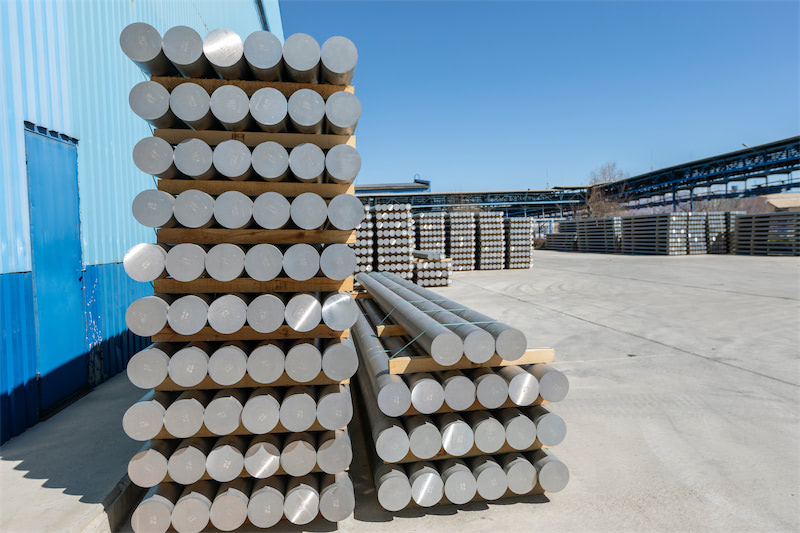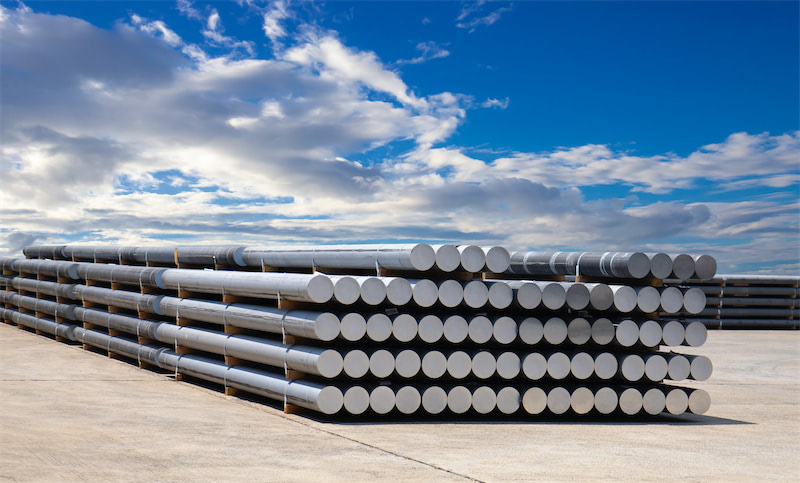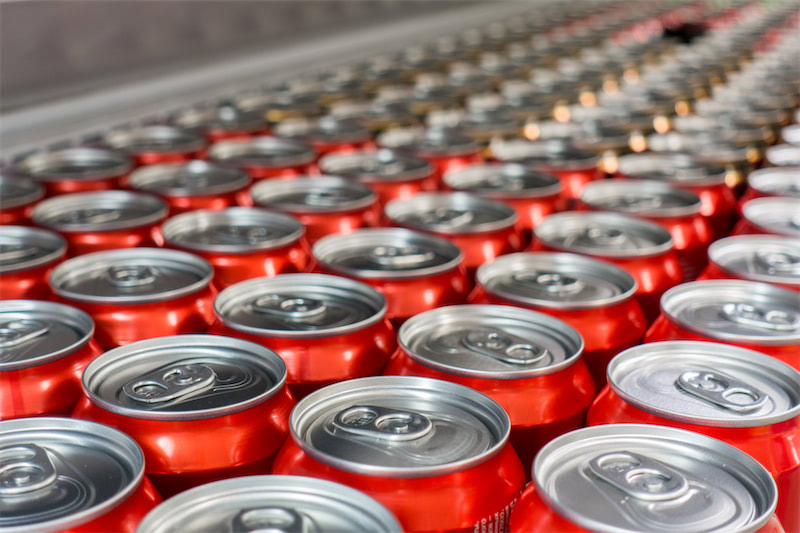SMM Morning Comment on Alumina, January 21
Futures Market: During the night session, the most-traded alumina 2502 futures contract opened at 3,832 yuan/mt, reached a high of 3,861 yuan/mt and a low of 3,804 yuan/mt, and finally closed at 3,838 yuan/mt, down 36 yuan/mt or 0.94%. Open interest stood at 72,300 lots.
Spot Alumina Transactions: In Shandong, 3,000 mt of spot alumina were traded at a transaction price of 3,940 yuan/mt.
Industry News:
(1) The Australian government announced an allocation of 2 billion Australian dollars to support the green aluminum industry. The government introduced a 2 billion Australian dollar green aluminum production tax credit plan to assist aluminum smelters in transitioning to renewable energy production by 2036, aiming to promote the development of the green metals manufacturing sector and safeguard jobs. Subsidies will be provided for each ton of aluminum produced using renewable energy, primarily supporting four smelters operated by Rio Tinto and Alcoa. The plan continues the partnership agreement reached between Rio Tinto and the Queensland government in August 2024, which includes supporting Boyne Smelters Ltd in transitioning to renewable energy. Rio Tinto also signed Australia's largest renewable energy procurement agreement to supply wind and solar power to the Gladstone aluminum plant, further solidifying its position as the largest industrial renewable energy purchaser in Australia. With the rapid growth of EV sales, global demand for low-carbon aluminum has significantly increased. Although the Australian government has committed to achieving 82% renewable energy supply by 2030, the current level is only 40%. Industry experts noted that such policies need to be combined with long-term energy infrastructure development to ensure global competitiveness and sustainable development of the industry.
(2) According to Bloomberg, on January 20, 2025, the London Metal Exchange (LME) approved Hong Kong as a warehouse location for the first time, aiming to strengthen ties with the world's largest metals market—mainland China. The Hong Kong warehouse will allow storage of major LME base metals, including copper, zinc, and aluminum, and will be put into use within three months after the first warehouse company and location are approved.
(3) Bauxite Imports: According to China's General Administration of Customs, in December 2024, China imported 14.976 million mt of bauxite, up 21.9% MoM and 26.2% YoY. By country, imports from Guinea were 10.386 million mt (up 36.7% MoM, 26.3% YoY), and imports from Australia were 3.389 million mt (down 8.29% MoM, up 6.93% YoY). From January to December 2024, China cumulatively imported 158.767 million mt of bauxite, up 12.3% YoY. By country, imports from Guinea totaled 110.207 million mt, accounting for 69.41% of total imports (up 11.2% YoY); imports from Australia totaled 39.884 million mt, accounting for 25.12% of total imports (up 15.4% YoY); non-mainstream bauxite imports totaled 8.676 million mt, accounting for 5.46% of total imports, up 47.9% compared to 2023 non-mainstream bauxite imports (excluding Indonesian imports).
(4) Alumina Imports and Exports: According to Chinese customs data, in December 2024, China exported 188,300 mt of alumina, with cumulative exports from January to December 2024 reaching 1.7857 million mt. Alumina imports in December 2024 were 15,300 mt, down 84.6% MoM and 94.3% YoY, with cumulative imports from January to December 2024 totaling 1.4199 million mt, down 2.3% YoY. Net alumina exports in December were 173,000 mt, with cumulative net exports from January to December 2024 reaching 365,800 mt.
(5) According to data from January 17, the weekly port arrivals of bauxite at domestic ports totaled 2.69 million mt, down 1.54 million mt from the previous week. Weekly port departures of bauxite from Guinea's main ports totaled 3.88 million mt, up 1.55 million mt from the previous week, while weekly port departures from Australia's main ports totaled 900,000 mt, up 40,000 mt from the previous week.
Spot-Futures Price Spread Daily Report: According to SMM data, as of 11:30 on January 20, the SMM alumina index showed a premium of 519 yuan/mt against the most-traded contract's latest transaction price.
Warehouse Warrant Daily Report: On January 20, the total registered warehouse warrants for alumina decreased by 1,792 mt from the previous trading day to 41,500 mt. In Shandong, the total registered warehouse warrants remained unchanged at 901 mt; in Henan, they remained unchanged at 12,000 mt; in Guangxi, they remained unchanged at 0; in Gansu, they remained unchanged at 0 mt; and in Xinjiang, they decreased by 1,792 mt to 28,600 mt.
Overseas Market: As of January 20, FOB Western Australia alumina prices were $573/mt, with ocean freight rates at $20.9/mt. The USD/CNY exchange rate selling price was around 7.33. These prices translate to an external selling price of approximately 5,002 yuan/mt at major domestic ports, 597 yuan/mt higher than domestic alumina prices, keeping the alumina import window closed.
Summary: Recently, the weekly operating rate of alumina has continued to increase slightly, with no significant changes on the demand side. Low-priced spot transactions have been frequent in the market, with a larger decline compared to earlier periods. In Henan, spot transaction prices on Thursday were 4,050 yuan/mt, down 830 yuan/mt from last Thursday's price of 4,880 yuan/mt. However, as of now, alumina capacity has not entered a large-scale loss-making state. Alumina supply is expected to maintain a high operating rate in the short term, with a slight surplus in the supply-demand fundamentals. Overall, spot alumina prices are expected to continue their downward trend in the short term. Close attention should be paid to bauxite transaction prices, alumina costs, and overseas spot alumina prices in the near term.
[The information provided is for reference only. This article does not constitute direct investment research or decision-making advice. Clients should make prudent decisions and not substitute this for independent judgment. Any decisions made by clients are unrelated to SMM.]




